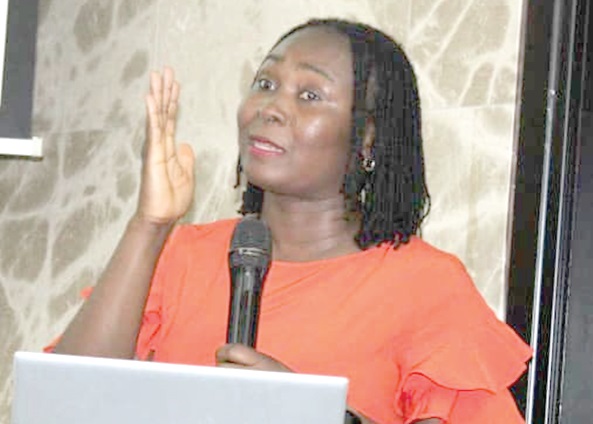
Put youth employment policies under one ministry — Analysts
Eight researchers and analysts have called for the centralisation of youth employment policies and related programmes under a single ministry to minimise duplication and strengthen coordination across youth-related agencies and government units.
They underscored the need for a holistic approach in tackling issues of unemployment to avoid creating a cycle of problems with the government’s youth employment programmes.
These formed part of recommendations from the analysis of seven Youth Employment Programmes (YEPs) implemented by governments to address unemployment in the country.
They comprised Youth Employment Modules of the Youth Employment Agency (YEA), the Nation, Builders Corps (NABCO), National Entrepreneurship and Innovation Programme (NEIP), the National Service Scheme (NSS), Integrated Green Jobs Programme, Consolidated YEPs and Sector-based YEPs”.
Findings
Speaking to the Daily Graphic, one of the researchers, Dr Monica Lambon-Quayefio, indicated that evaluation of the programmes identified that “there has been duplication of programmes across sectors as a result of politicisation of the design and implementation of the YEPS”, coupled with weak adherence to programme design during the implementation phase.
She said, “an empirical review of youth employment policies (YEPs) and their impact on Ghana” further indicated that YEPs, which initially tackled unemployment, must be strategically implemented to address the unemployment menace holistically.
She stated that, “we are not dealing with it holistically. We are only looking at one part of the problem; the focus has been how to get jobs for the youth through YEPs and when the time frame elapses, they return to their previous position.”
She added that after training the youth to gain skills, there must be funding for them as start-ups to support their business, as well as making room for them to engage in on job training sessions to keep them the updated on modern developments in their fields of endeavour.
Dr Lambon-Quayefio was speaking at the Review of Youth Employment Programmes (YEPs) in Ghana stakeholder validation workshop held in Accra last Thursday in collaboration with Partnership for Economic Policy (PEP) and Mastercard Foundation.
Other members were Dr Thomas Yeboah, Professor Nkechi Owoo, Dr Edward Asiedu, Dr Ernest Berko, Mohammed Zakariah, Dr Yaw Nsiah-Agyemang and Catherine Koranchie.
Recommendations
She said consideration of exit strategies for beneficiaries at the early stages of YEP designs could lead to the creation of long-lasting jobs for the youth when they left a programme, adding that the institutionalisation of impact evaluation for youth employment programmes, and the utilisation of evaluation findings, could ensure efficient resource use and inform the design of implementation of sustainable YEPs in the future.
She observed that there had been “lack of coordination in the design, implementation and management of the YEPs, leading to large inefficiencies, lack of robust evaluations to ascertain the impact of the YEPs, lack of exit strategies for most YEPs, making programmes ineffective in solving the youth employment challenge, as well as lack of finance, which constrained the ability of programme managers in implementing YEPs”.
